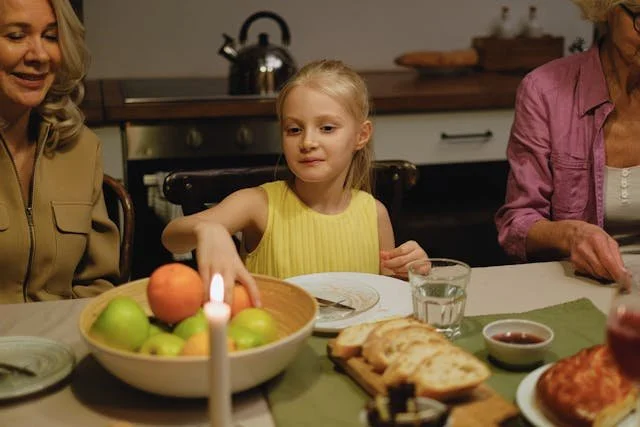As the holidays approach, the excitement begins to buzz. This anticipation is a natural part of the season, but it can often lead to your children being less focused on their schoolwork. It’s tempting for students to check out, but the weeks leading up to a break are vital. Because of this, children should be encouraged to view this period as an opportunity for focused learning, rather than a countdown.
Here are a few strategies to help your child stay engaged, productive, and ready to enjoy their time off without the stress of catching up later:
Structure Time; Don’t Abandon It
The structure your child is used to at school is their friend, especially when motivation dips. Don’t let pre-holiday chaos eliminate their healthy routines. Try to maintain a consistent schedule for bedtimes and wake-up times, because adequate sleep is an essential tool for concentration. You can also try establishing “work zones” by designating a quiet area for homework and studying. Avoid them studying on a cozy couch or bed, which can signal “rest” rather than “focus.”
Embrace Shorter, Focused Efforts
Instead of demanding your child do a marathon study session, try encouraging them to do focused sprints. For example, instead of saying, “Study for an hour,” encourage them to study for 20-30 minutes, followed by a short break. This makes the task seem more manageable and less like an endless chore.
Plan to Study Effectively
Help your child create a to-do list by breaking down large tasks into smaller, actionable steps. Crossing off an item will provide them with a sense of accomplishment and motivation to keep the momentum going. Lastly, prioritize the hard stuff. Encourage them to tackle the most challenging subject or assignment when their energy is highest. Once a difficult task is done, everything else feels much easier.
By providing structure and planning their studying effectively, you can help your child finish the semester strong. A focused finish means a truly relaxed start to the holiday season. If you’re curious to see how our commitment to education translates into a vibrant learning community, we invite you to visit! Contact us today to learn more and schedule a personalized tour.





